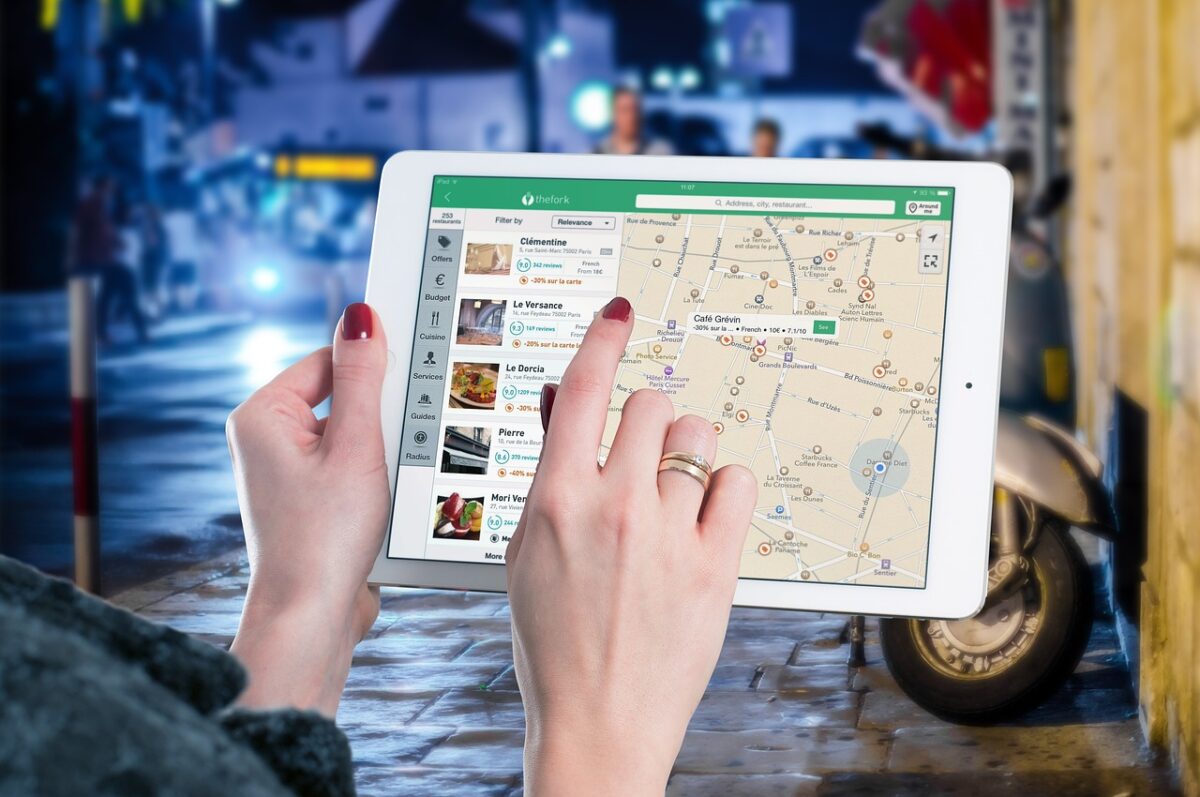Navigating PFAS Challenges – Supply Chain Management
Article
The challenges posed by PFAS are vast, but not insurmountable. Combining greater transparency, strategic collaboration and the right technologies can help you drive more sustainable supply chain practices.
PFAS stands for per- and polyfluoroalkyl substances, a group of human-made chemicals that have become a significant environmental and health concern. The complications PFAS present in our interconnected global supply chain are an opportunity to foster active supplier engagement and ensure material safety for a future in which PFAS-free certification becomes an industry standard.
PFAS and Supply Chain Management
PFAS are utilized in a myriad of industrial applications, from firefighting foams to consumer goods like cookware, food packaging and water-repellent textiles. The omnipresence of PFAS poses a unique challenge for companies seeking to eliminate these substances from their supply chains. By beginning to identify, track and mitigate the use of PFAS throughout your supply chains, you can empower your businesses to make informed decisions on your journey toward greater chemical sustainability.
Engaging Suppliers
Achieving PFAS-free supply chains is not a solitary task—it calls for proactive supplier engagement. By developing strong relationships with suppliers and encouraging them to work toward the common goal of PFAS elimination, you can foster an open dialogue, allowing suppliers to share best practices. By encouraging transparency and accountability in your supplier interactions, you’re establishing a collaborative atmosphere where sustainability is the norm, not the exception.
Material Safety as Non-Negotiable Priority
Material safety is the backbone of supply chain management. As we strive for PFAS-free supply chains, ensuring the safety of all materials used becomes paramount. Making sure that raw materials, components and products are free from PFAS involves rigorous testing, supplier audits and comprehensive supply chain visibility. Watch out for potential “hidden” sources of PFAS, such as in water-repellent fabrics, non-stick coatings and certain types of packaging, such as in fast-food wrappers and containers, microwave popcorn bags, takeaway containers and disposable plates and bowls.
Validating Sustainability Claims
Validating chemical claims for PFAS-free products involves collaboration with suppliers, independent third-party testing and thorough supply chain audition. Full material disclosure from suppliers is the first step, identifying any direct or indirect presence of PFAS or any of its related compounds in the sourced materials. Next consider independent laboratory testing to verify claims, analyzing material samples using such technologies as liquid chromatography-mass spectrometry (LC-MS). Also, it may be useful to conduct supplier audits, assessing the suppliers’ understanding of PFAS, their compliance with regulations (such as the upcoming EPA regulations found in the PFAS risk management policies under TSCA and the EU’s ECHA restriction on the manufacture, distribution and use of PFASs) and the measures in place to prevent PFAS contamination during the manufacturing process. Lastly, consider third-party certifications that assure a product is PFAS-free (such as GreenScreen Certification or the work being done by the Green Science Policy Institute) as well as supply chain transparency tools (like the CleanChain platform) that provide you with end-to-end visibility of the absence of PFAS.
A Journey Toward Sustainability
The challenges posed by PFAS are vast, but not insurmountable. Combining greater transparency, strategic collaboration and the right technologies can help you drive more sustainable supply chain practices. Making a business commitment to a PFAS-free future is not only responsible and just but also financially viable. If you would like to speak with a PFAS expert or understand more about how you can use CleanChain for detecting PFAS in your supply chain, feel free to reach out to us.
Get in touch: cleanchaininfo@adec-innovations.com




